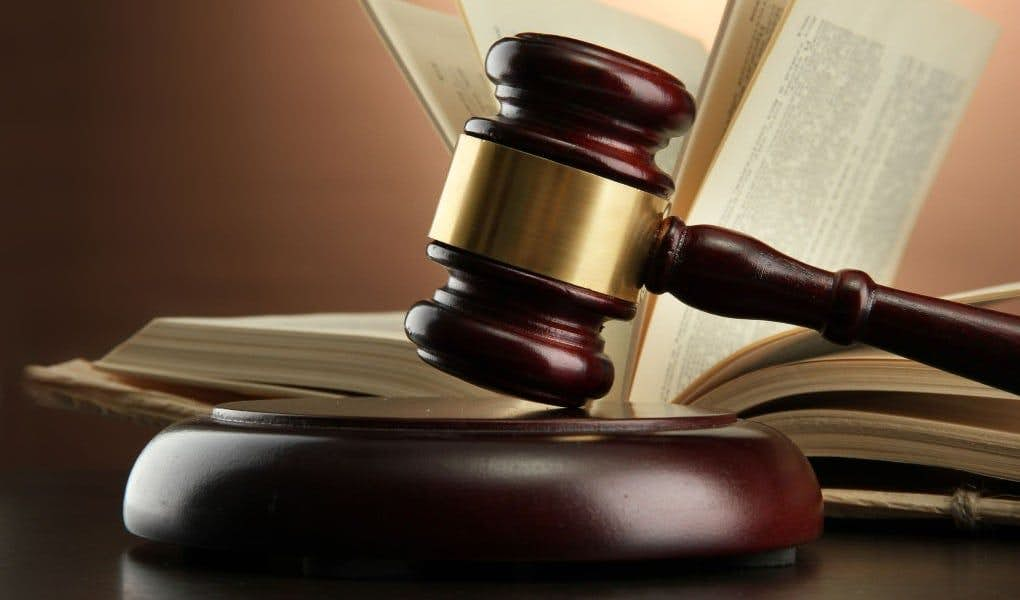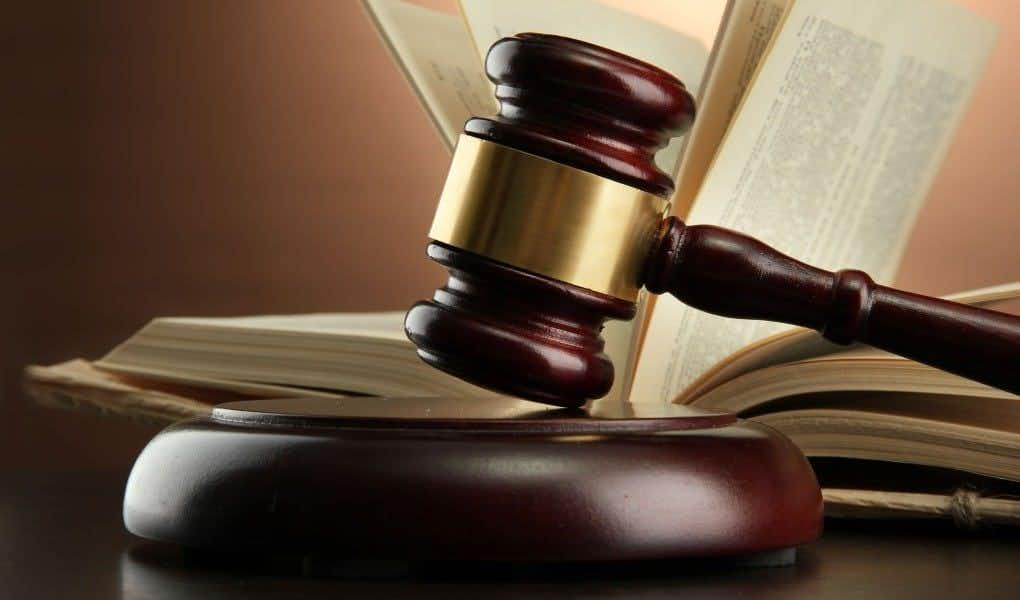Civil lawsuits range from simple and straightforward matters to complex questions requiring a high degree of scientific or technical knowledge to understand. In the latter cases, an expert witness’s participation may be essential for the parties, attorneys, judge, and jury to understand the issues and come to a fair and just conclusion. An understanding of the civil trial process can help an expert witness prepare to offer clear, informed insight.
Understanding the Civil Trial Process
Each U.S. state has its own court rules governing state civil trial procedures. In federal courts, the Federal Rules of Civil Procedure (FRCP) govern civil proceedings.
Many state civil procedure systems resemble the procedures laid out in the Federal Rules of Civil Procedure. Here, we’ll use the FRCP as a model to discuss the civil trial process generally.
The Complaint
A civil lawsuit begins when a plaintiff files a complaint with the court. The plaintiff then serves a copy of the complaint to the defendant or defendants. The complaint provides an outline of the case, including:
- How the plaintiff was harmed—financially, physically, reputationally, or otherwise
- How the plaintiff believes the defendant caused the harm
- What remedies the plaintiff believes the court should order the defendant to provide
- Why this court is the appropriate court to decide the case
The Motion
The defendant may file an answer addressing the allegations in the complaint. In some cases, a defendant may file a motion, such as a motion to dismiss. Motions to dismiss at this stage typically focus on some fatal error in the complaint itself. An example of this is a failure to state a claim that a court can address.
Discovery
If the case is not dismissed at this stage, it moves to the discovery phase. The parties share information about the case, including documents related to the case and the identities of known witnesses.
Expert witnesses typically enter the civil process during the discovery phase. An expert witness’s report is often a key document exchanged during discovery. An expert may also participate in a deposition during discovery.
Alternative Dispute Resolution
As discovery develops and the case focuses on its key issues, the parties may participate in various means of alternative dispute resolution to end the case without a trial. Options include negotiation, mediation, and arbitration. An expert witness’s report may play a role in any of these three phases. However, attorneys typically do not involve expert witnesses in negotiation or mediation directly. An expert may be asked to testify if the case goes to arbitration.
Participants in Civil Trials
Relatively few civil claims reach the trial phase. Most are settled before trial. Attorneys prepare cases from the start as if they will go to trial, however. Experts who also anticipate trial from the start are better prepared to take the stand if a trial becomes necessary.
At trial, both sides present their view of the case and evidence to support that view. Evidence may include testimony from both fact and expert witnesses.
Fact Witnesses
A fact witness or lay witness is a witness with a direct connection to the case. Due to this connection, the fact witness is capable of testifying as to certain facts. These facts can include what the witness perceived or did in relation to key moments in the case.
Examples of fact witnesses in various types of civil trials include:
- A pedestrian who was standing at a street corner when an accident occurred at the intersection
- A bookkeeper who can explain when irregularities in their supervisor’s receipts began to appear and what the bookkeeper did in response
- A supervisor who knows the safety procedures used in a manufacturing plant and who is familiar with the process for training workers to use correct safety measures
Fact witnesses are typically limited to testifying about facts. They may not give opinions. For instance, a manufacturing supervisor called as a fact witness may discuss when a worker was last given safety training. However, the supervisor may not opine as to whether that training was adequate.
Expert Witnesses
Expert witnesses, by contrast, may give an opinion. In fact, attorneys typically hire expert witnesses for this very reason—to provide an informed opinion, based on examination of available evidence through appropriate methods of inquiry, on an issue relevant to the case.
By the time an expert witness takes the stand, the parties and their attorneys are well familiar with the expert’s opinion and the facts the expert relied on to form that opinion. At trial, the expert witness’s testimony aims to inform two more audiences: the judge and the jury.
In a jury trial, the jury’s role is to answer questions of fact. For instance, a jury may be called on to answer the question “Was the plaintiff’s injury caused by an overheating curling iron?”
The judge’s role is to answer questions of law. For instance, the judge may consider questions like “Was the curling iron manufacturer negligent in designing the curling iron with no automatic shutoff switch?”
Expert witnesses provide insight into questions of fact. For example, an expert on burn injuries might discuss how the plaintiff’s injury occurred and whether an overheating curling iron caused the injury itself.
How to Prepare to Give Expert Testimony in a Civil Trial
Challenges to an expert’s credentials are common in civil lawsuits. An expert who survives early challenges should not assume the fight is over. Opposing counsel will likely seek to undermine an expert witness by any available means, including by questioning the expert’s credentials on the stand.
To prepare to give expert witness testimony at trial:
- Review your expert witness report and deposition testimony, if any. Opposing counsel will seek to exploit inconsistencies between these and your trial testimony, even if your methods and conclusions are sound.
- Focus on giving short, clear answers to questions. It can be tempting to enter “teaching mode” but resist the urge to do so.
- As in a deposition, answer the question asked. “That was outside the scope of my work here” is the best answer when it is true.
- Resist invitations to speculate about “what would have happened if….” Focus on informing the judge and jury about the case they have, not about a hypothetical case.
Work closely with the attorney during trial preparation. Doing so can help an expert understand how their work fits into the overall picture.




